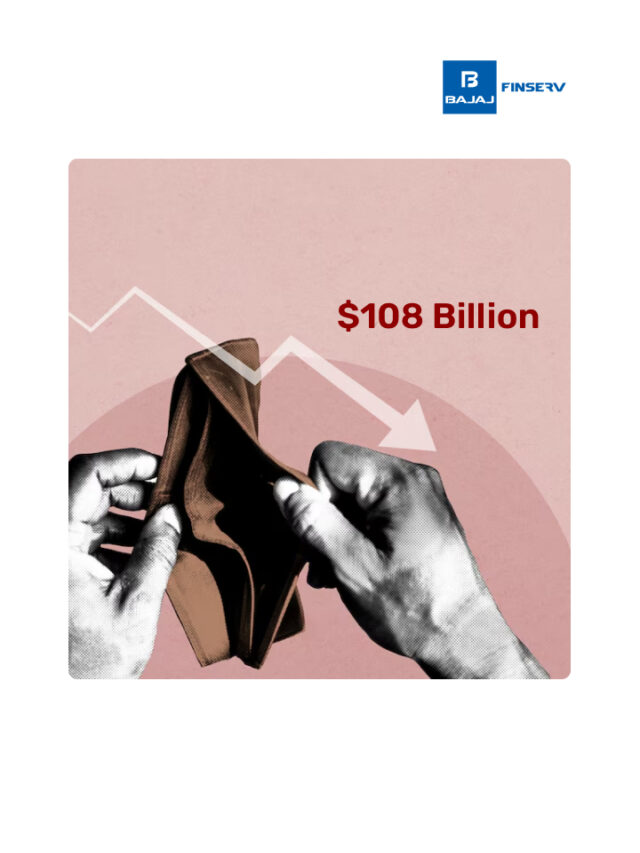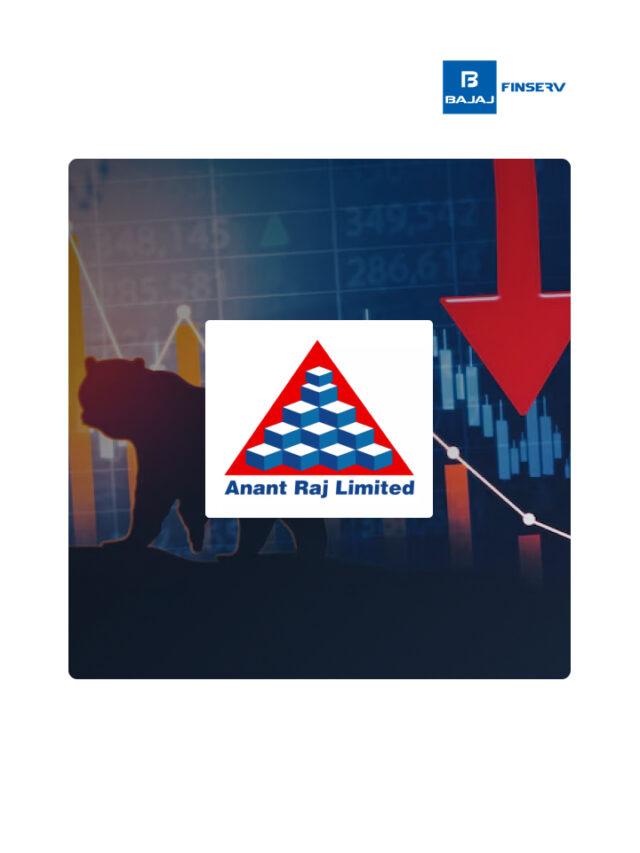Yes Bank- A Comprehensive Overview
Last Updated on December 28, 2023 by BFSLTeam BFSLTeam

Table of Content [hide]
An Overview
Yes Bank, one of India’s prominent private sector banks, has been a significant player in the country’s banking industry. In this blog, we will provide you with a comprehensive overview of Yes Bank, covering its history, share price trends, current performance, future outlook, advantages of investing, and answer five frequently asked questions about this financial institution.
History
Yes Bank was founded in 2004 by Rana Kapoor and Ashok Kapur. It commenced its operations with a vision to cater to the growing banking needs of India’s dynamic economy. Over the years, the bank grew rapidly, becoming the fourth-largest private sector bank in India by 2018. However, it faced significant challenges in 2020 due to bad loans and governance issues, leading to the Reserve Bank of India (RBI) stepping in to restructure the bank.
Also Read: YES Bank Q2 Results
As of September 28, 2023, the share price of Yes Bank was ₹17.35 on the National Stock Exchange (NSE) of India. The share price did not change from the previous day’s closing price of ₹17.35. The share price reached a high of ₹17.50 and a low of ₹17.30 during the trading hours. The total volume of shares traded was 90,655,928 and the total value of shares traded was ₹1,572 crore.
The share price of Yes Bank has been subject to significant fluctuations in recent years. Before the troubles in 2020, the bank’s stock was trading at a substantially higher price. However, the restructuring and recapitalization efforts by the RBI and the government led to a significant decline in the share price. Since then, the stock has shown signs of recovery, but it’s crucial to note that investing in Yes Bank carries a certain level of risk due to its past challenges.
The share price of Yes Bank has fluctuated a lot in the past year. The highest share price was ₹24.75 on January 25, 2023 and the lowest share price was ₹14.40 on October 5, 2022. The share price has increased by more than 20% from the 52-week low. The current market capitalization of Yes Bank is ₹49,895 crore, which means that the total value of all the shares of the bank is ₹49,895 crore.
Current Performance
Yes Bank has been gradually recovering from its troubled phase. The bank has been focusing on cleaning up its balance sheet, improving asset quality, and strengthening its capital position. It has also been expanding its digital banking services and increasing its customer base.
According to the financial results, Yes Bank reported a 44% year-on-year (YoY) growth in its consolidated net profit to ₹347 crore for the quarter ended June 2023. It was ₹469 crore in the same quarter last year. However, its revenue from operations dropped 38% YoY to ₹2,828 crore from ₹20,318 crore in the same period. The bank attributed the decline in revenue to the lower contribution from the solar manufacturing business and the impact of the second wave of COVID-19 on some of its segments.
However, it’s important to consider that the banking industry is highly competitive, and macroeconomic factors can influence a bank’s performance. Therefore, investors should closely monitor the bank’s financial reports and news updates for the most up-to-date information on its performance.
Future Outlook
The future outlook for Yes Bank is a subject of much speculation. The bank has taken significant steps to stabilise its operations and regain the trust of its stakeholders. It is working on enhancing its digital offerings, expanding its reach, and improving its asset quality. However, challenges remain, and the bank’s performance will be closely tied to the overall health of the Indian economy and the banking sector.
Yes Bank is involved in various segments such as corporate banking, retail banking, treasury, and other banking operations. The bank has been acquiring new customers and assets in these segments to increase its market share and revenue. For example, in August 2023, Yes Bank announced that it had partnered with Amazon India to offer instant digital overdraft facility to its micro, small and medium enterprises (MSME) customers.
Advantages of Investing in Yes Bank
- Growth Potential: Yes Bank, with its renewed focus on growth, may offer potential upside as it continues to recover and expand its operations.
- Digital Initiatives: The bank is making strides in the digital banking space, which could position it well in the evolving financial landscape.
- Attractive Valuations: Due to its past troubles, Yes Bank’s stock may be trading at attractive valuations, potentially offering a value investment opportunity.
- Strong Customer Base: Yes Bank has a substantial customer base, and its efforts to improve customer service could lead to customer retention and loyalty.
- Government Support: The Indian government and RBI have demonstrated their commitment to stabilising and strengthening Yes Bank, which may provide a level of confidence to investors.
Wrapping Up
Yes Bank has had its share of challenges, but it’s working diligently to bounce back and regain its position in India’s banking sector. As with any investment, it’s crucial to assess the risks and potential rewards carefully. Stay informed about the bank’s performance, and consider consulting with a financial advisor before making any investment decisions involving Yes Bank.
Frequently Asked Questions (FAQs)
Investing in Yes Bank carries risks due to its past challenges. It’s essential to conduct thorough research and consider your risk tolerance before investing.
Yes Bank faced issues related to bad loans and governance, leading to a significant decline in its financial health.
Yes Bank has been taking steps to recover, but its full recovery is an ongoing process. Investors should stay updated on its progress.
Yes Bank aims to focus on digital banking, clean up its balance sheet, and strengthen its capital position to drive future growth.
Yes, the Reserve Bank of India (RBI) has played a significant role in restructuring and stabilising Yes Bank, indicating government support.











